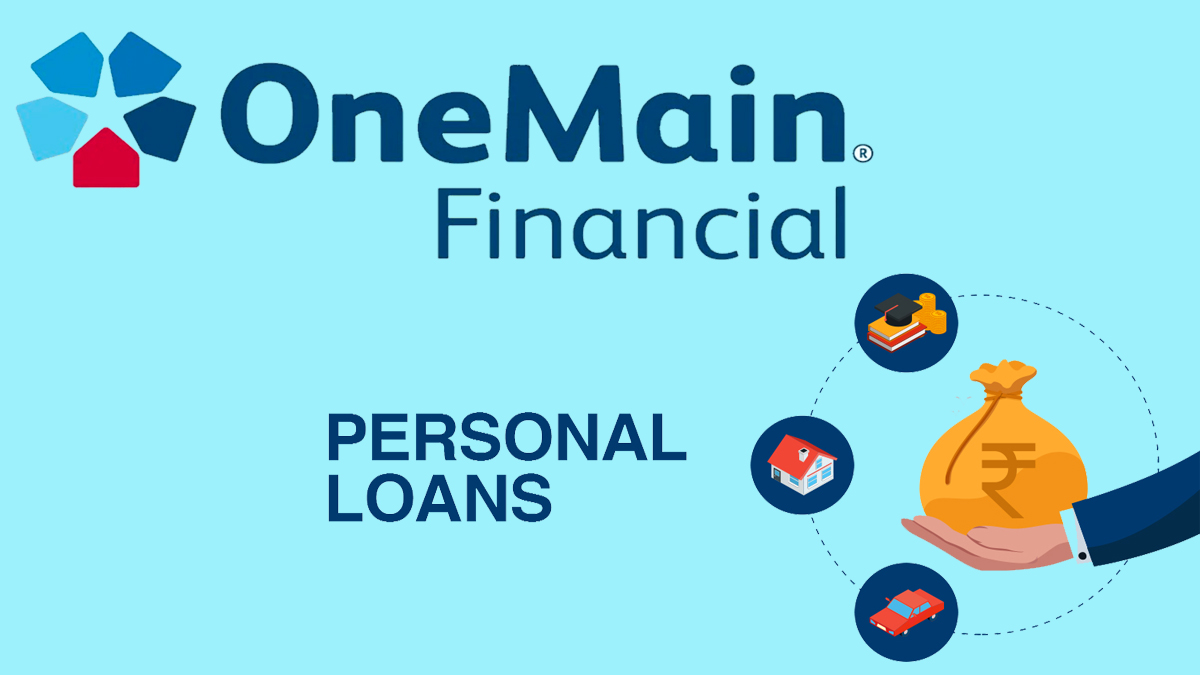Getting a business loan can be quite complex, and refinancing it isn’t any easier. Navigating through the process of refinancing business loans can seem like a daunting task. But worry less; we’ve got you covered. In this article, we will provide simplified and comprehensive information on how to refinance business loans, exploring its pros and cons and other key features.

If you wish to reduce interest rates, streamline your debt obligations, or extend repayment terms, it is important to master the art of refinancing a business loan.
It will help unlock several benefits that guarantee long-term financial success. Ensure you read to the end of this article in order not to miss out on valid information.
How to Refinance Business Loans
Refinancing a business loan involves several steps. Here’s a general guide on how to refinance a business loan:
• Evaluate your current loan
Do an objective assessment of your previous loan by reviewing the interest rates, repayment schedule, balance to pay, and why you want to refinance your business loan.
• Set clear objectives
Have a clear definition of your goals and objectives for refinancing your business loan. Setting clear objectives will serve as a guideline for your refinancing decisions. The reasons for refinancing your business loan must be clear enough.
• Assess your creditworthiness
Your creditworthiness is one of the factors lenders consider during the process of approving a refinancing application. It is essential to review your credit history, credit score, and other financial statements that show you are more than qualified to refinance your business loan. Before applying, ensure to address issues like outstanding debts and other issues that can affect your refinancing application.
• Research and compare lenders
The next step is to conduct research on different lenders in order to find lenders that offer options to refinance business loans. Be on the lookout for factors like interest rates, repayment terms, fees, and customer reviews; this will, in turn, help you find a lender that offers a suitable term for your business needs.
• Confirm your eligibility
After deciding on the lender that offers a refinancing option for business loans, it is essential to know the eligibility requirements specified by the lender. Lenders consider factors like details about your business finances as well as personal and business credit scores. Ensure you meet the eligibility criteria of the lender.
• Gather the required documents
Afterwards, prepare all documents required to finance your business loans. Lenders may ask you to provide documents such as financial statements, tax returns, business plans, business licenses and permits, employee identification number (EIN), and any other documents that ascertain your eligibility.
• Submit your refinancing application
Complete the refinancing application by providing all the details and documentation required by the lender. Before submitting your application, ensure that you double-check for any grammatical errors or omissions.
These are general steps on how to refinance business loans. Be reminded that the refinancing application process differs among lenders; it also depends on the specific circumstances surrounding the process. We advise that you request professional guidance from financial experts, just to be on the safer side.
Types of Business Loans You Can Refinance
Below are some of the business loans you may be able to refinance with a new loan.
- Business-term loans.
- Business lines of credit.
- Working capital loans.
- Short-term business loans.
- Equipment loans.
- Commercial real estate (CRE) loans.
- Business credit cards.
Pros of Refinancing a Business Loan
Let’s take a look at some of the benefits of refinancing a business loan. Refinancing a business loan will help to:
- Save money.
- Improve your cash flow.
- Build business credit.
Cons of Refinancing a Business Loan
While we provide the benefits of refinancing a business loan, let us also consider some drawbacks that would enable you to determine whether or not to refinance your loan.
- Individuals with potential qualification hindrances may not be able to refinance their loan.
- There are penalties attached if your loan term features prepayment penalties.
- It has a higher cost.
Compare the advantages and disadvantages, so you can draw a conclusion on whether to go ahead with refinancing your business loan or not.
FAQs
How long does it take to refinance a business loan?
The time factor largely depends on your lender and the type and level of financing you require. Individuals who intend to refinance their business loans should be on the lookout for factors like whether the lender has improved revenue, a strong credit score, and a reliable reputation for repayment options.
These factors will also help determine how long it takes to refinance your business loan. You can also inquire about additional information from your insurance company, as they are in the best position to clearly state how long it takes to get your business loan refinanced.
Does refinancing come with a cost?
The answer to this question depends on two factors: your insurance provider and your existing loan. Refinancing your business loan may attract a specific cost if your existing loan has an early repayment penalty.
Those who are unable to pay previous loans will be asked to pay up before they can be consulted about refinancing their loan.
Also note that refinancing your business loan may come with a higher total cost than the previous loan you got.
You should consider if the cost attached to getting a new loan is worth the benefit. If it is, that means you are comfortable with the extra costs that come with refinancing your business loan.



